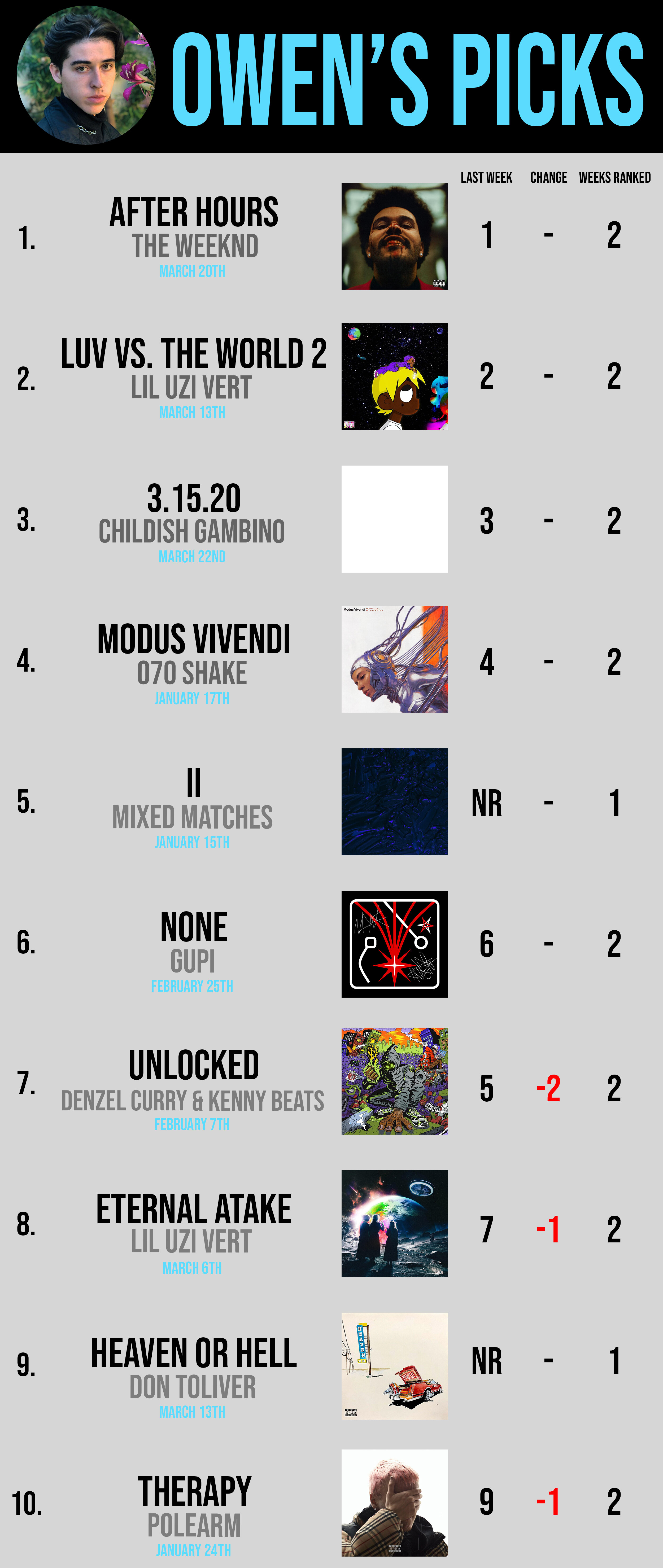An Indomitable Spirit and Hunger: “Beware of the Monkey” by MIKE Reviewed
by Luke Modugno
Art will always be a haven for the ambiguous and the obscure. No matter the medium, art provides grounds for creatives to test the status quo, borrow from the past and amalgamate it with a progressive future. From the onset of his career, Brooklyn’s resident underground hip-hop vanguard MIKE has found himself at home within his experimental niche.
Bursting onto the underground scene with the elusive New York collective sLUms, MIKE’s undisputable mic presence fused with a uniquely warped production style has turned heads since day one. Augmenting his pen, wordplay, introspection and skill as a producer with each release, MIKE has silently become one of the most talented acts in rap’s avant-garde sector. Beware of the Monkey, his latest project, only solidifies the emcee as one of his generation’s most powerfully forward thinkers.
Courtesy of HYPEBEAST
Preluding the release with a slew of notable singles and a three-track EP with Wiki and The Alchemist, those who were paying attention to MIKE’s trajectory could see what lens Beware of the Monkey was peering through before its arrival. A continuation of so many of the idiosyncrasies that made 2021’s Disco! a dense and head-swirling composition, Beware of the Monkey picks up the pieces of MIKE’s despair and refigures them, recontextualizes them, harbors them in his pen and hands them off to the listener in the form of 13 comprehensive tracks.
While usually borrowing a page of Some Rap Songs’ burned and tattered blueprint of confessionary, gut-wrenching writing focusing on crumbling, crushing depressive states, MIKE has a unmistakable hunger for more on this record. Sure, his drab tonality and lyrical content are here, but there’s an ambition and boldness to Beware of the Monkey. If MIKE was asking questions on projects like MAY GOD BLESS YOUR HUSTLE and War in my Pen, he’s moving significantly closer to the answers on Beware of the Monkey. The result of astute solitary observation and theorization, MIKE’s growing up with his music. “Live like it’s my all, gotta give a bunch/Sit tight through the fog it be bigger floods” he spits on the stunning opener “nuthin I can do is wrng.” MIKE’s moved past allowing the vapid dystopia he occasionally inhabits affect his outlook on life, a sentiment that’s backed by the follow-up track “As 4 Me.”
Stating his intention to showcase why he should be consider amongst the greatest rappers in the world, MIKE lays down a viscous flow over a intoxicating beat. This craving is demonstrated by his clever one liners, existential psychology and technical ability throughout Beware of the Monkey. Perhaps the most potent illustration of MIKE’s intricate commentary comes in the form of “Tapestry.” Struggling to make a distinction between complacency, success and converting his passionate hobby into a lucrative business, MIKE’s mind state leads him right back to his greatest asset as a writer: asking alluringly pertinent questions about himself and the world around him. “We in the crib making classics/It be hard making a living in catastrophe/At our darkest this shit be hidden in fallacies,” MIKE raps. “Tapestry” and the commentary it makes regarding MIKE’s past, present and future as a rapper is an absorbing example of his maturation as a writer and human being.
Sonically, Beware of the Monkey is utilizes a decisively brighter palette. Sticking to the use of distorted vocalizations as the backbone of his production, MIKE’s skill behind the board is boundless. MIKE uses this inherent skill to convey a broad range of feelings and moods. Utilizing his features in the same vain as a sample, “Stop Worry!” is pushed along by a head bopping chorus from dancehall legend Sister Nancy. From the determined and nearly motivational horns of “No Curse Lifted (rivers of love)” to “Ipari Park’s” haunting piano loop, MIKE has continually proven that the some of the most inventive production from this batch of avant-garde rap producer emits from his discography.
With Beware of the Monkey, MIKE has proven that he has all he needs. He has the raw feel of a contemplative writer. He has the ear and mind of a producer capable of baroque sonic tapestries. And he certainly has the ability to merge it all into a sweeping hip-hop masterpiece. At this point, all he needs is your attention, and more importantly, your respect.
favorite tracks:
nuthin i can do is wrng
As 4 Me
Ipari Park (feat. Klein)
Luke Modugno is the editor-in-chief.
Thanks for reading! Make sure to follow us on Instagram to stay up-to-date on everything music related.








































































